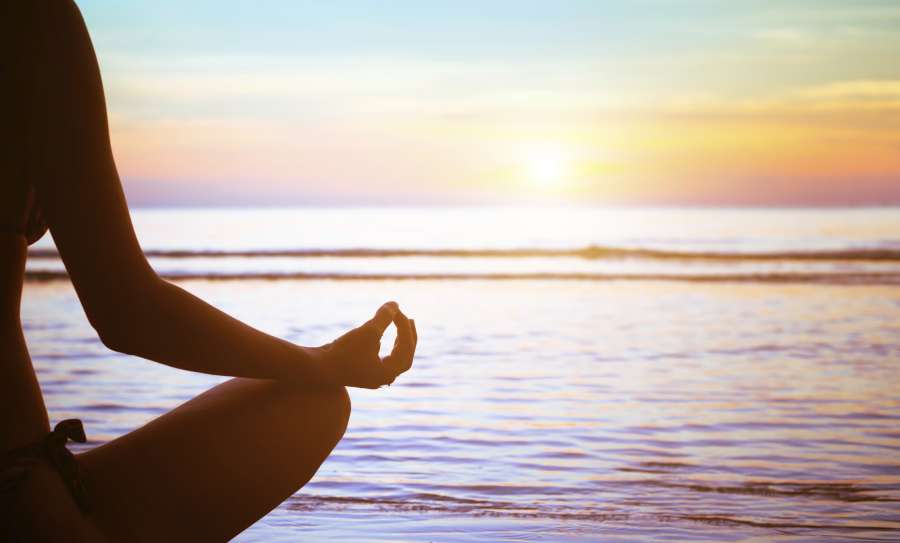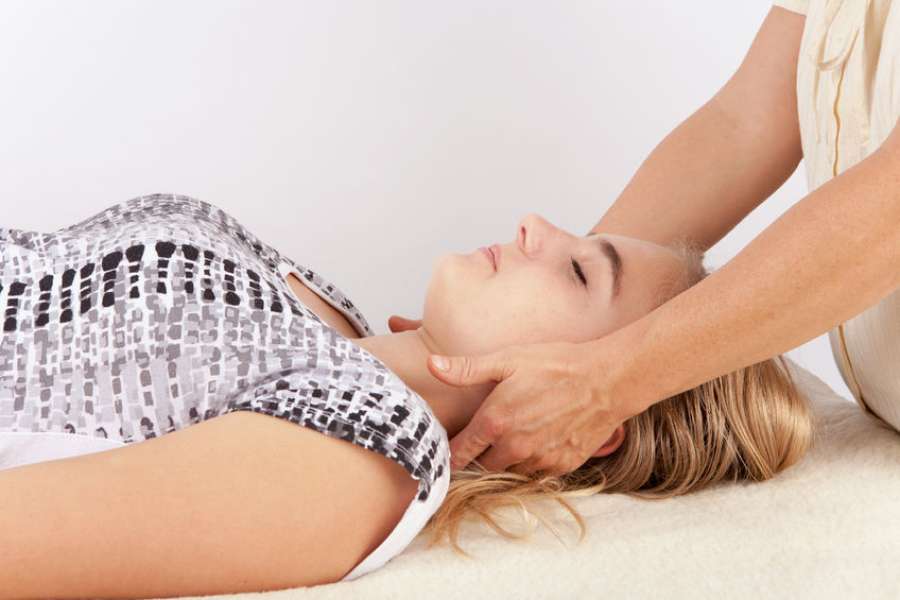Anxiety In The Modern World
March 27th, 2020
By Rachel Shackleton, DipK, DipHerb, DipNat, member of the Association of Master Herbalists (MAMH), The General Naturopathic Council and the Naturopathic Nutrition Association (NNA) and Secretary of the Herb Society.
Anxiety is something that is creeping into our society on a much more regular basis. Some sufferers find it completely debilitating and as a result not being able to leave their homes for fear of an attack or because it is the leaving of their homes that causes the anxiety in the first place. On the other end of the spectrum, some people have random attacks, often with no particular trigger. In other words, anxiety can be an unpleasant emotional state ranging from mild unease to intense fear. Anxiety differs from fear because there is often no clear or realistic cause for anxiety. Not all anxiety is bad, it is only the more intense or uncontrollable anxiety that can lead to significant problems.
According to the NHS definition, “Anxiety is a feeling of unease, such as worry or fear that can be mild or severe. Everyone has feelings of anxiety at some point in their life – for example, you may feel worried and anxious about sitting an exam, about money or a job interview.” Feelings of anxiousness can be considered normal when faced with a specific situation that generates fear or panic due to our flight or flight response. However, once that situation has gone, for example, you have attended that interview, the system should return to normal, leaving you feeling calm and yourself. When anxiety becomes an issue, it means you are no longer able to go back to feelings of calm, rather you feel fear or panic most of the time.
The symptoms of anxiety can vary from one person to another, however, the most common is related to the chest such as shortness of breath, feeling that you cannot get enough air, racing heartbeat, and or hyperventilation. Tension in the shoulders, neck and back can lead to headaches, muscle spasms and backache. Other symptoms can include feeling faint, sweating, nausea, dizziness, dry mouth and the need to go to urinate.
Anxiety can be triggered by caffeine, some drugs, as well as the infusion of lactate into the blood which is the soluble form of lactic acid produced during the breakdown of blood sugar (glucose) when there is a lack of oxygen in the muscles. According to Melvyn Werbach, M.D there are at least seven nutritional factors which may be responsible for elevated lactate including alcohol, caffeine, sugar, deficiency in B vitamins, calcium and magnesium as well as food allergies. Relief in symptoms can be achieved by avoiding these foods. As B Vitamins help in breaking down glucose, when these vitamins are deficient, this promotes lactic acid production in the body.
If looking at anxiety from the perspective of TCM (Traditional Chinese Medicine) it is the seven emotions that are responsible for emotional illness – joy, anger, anxiety, worry, sorrow, fear and shock. According to TCM lack of joy injures the heart, worry injures the spleen, a part of the immune system, anger injures the liver, sorrow the lungs and shock injurers the kidneys. Emotional disorders harm the flow of chi (life force), and anxiety causes sluggish chi flow, very often leading to dis-ease in the digestive system.
Also, on the emotional level, Louise Hay (You Can Heal Yourself) considers anxiety to be the “inability to trust the flow and the process of life.”
Considering all three approaches – dietary, the flow of chi, and affirmations, how can you help yourself if you suffer from anxiety and/or anxiety attacks:
Use the following affirmation several times a day: “I love and approve of myself, and I trust the process of life. I am safe.”
Practice Chi Kung. The techniques of Chi Kung address the emotional and physical levels of anxiety by unblocking chi and creating stable chi flow that leads to emotional stability and tolerance of life’s curve-balls.
Avoid all caffeinated drinks including energy drinks and coffee.
Remove sugar from the diet with the exception of natural sugars found in fruit.
Avoid alcohol for a minimum of two weeks to understand how you feel without it. Re-introduce slowly to observe the body and mind carefully. Enjoy a drink occasionally rather than on a daily basis.
Eat a diet rich in magnesium and B Vitamins – green leafy vegetables, avocados, broccoli, bananas, nuts and seeds. If you suffer from high levels of anxiety supplement with a B-Complex vitamin or good multivitamin.
Deal with the underlying causes of the anxiety by working with a counsellor, NLP practitioner or psychotherapist.
If symptoms persist seek medical assistance or if you prefer a natural approach consult a homoeopath, medical herbalist or naturopath.
By Rachel Shackleton.
Discover Rachel’s Green Key Health website.


